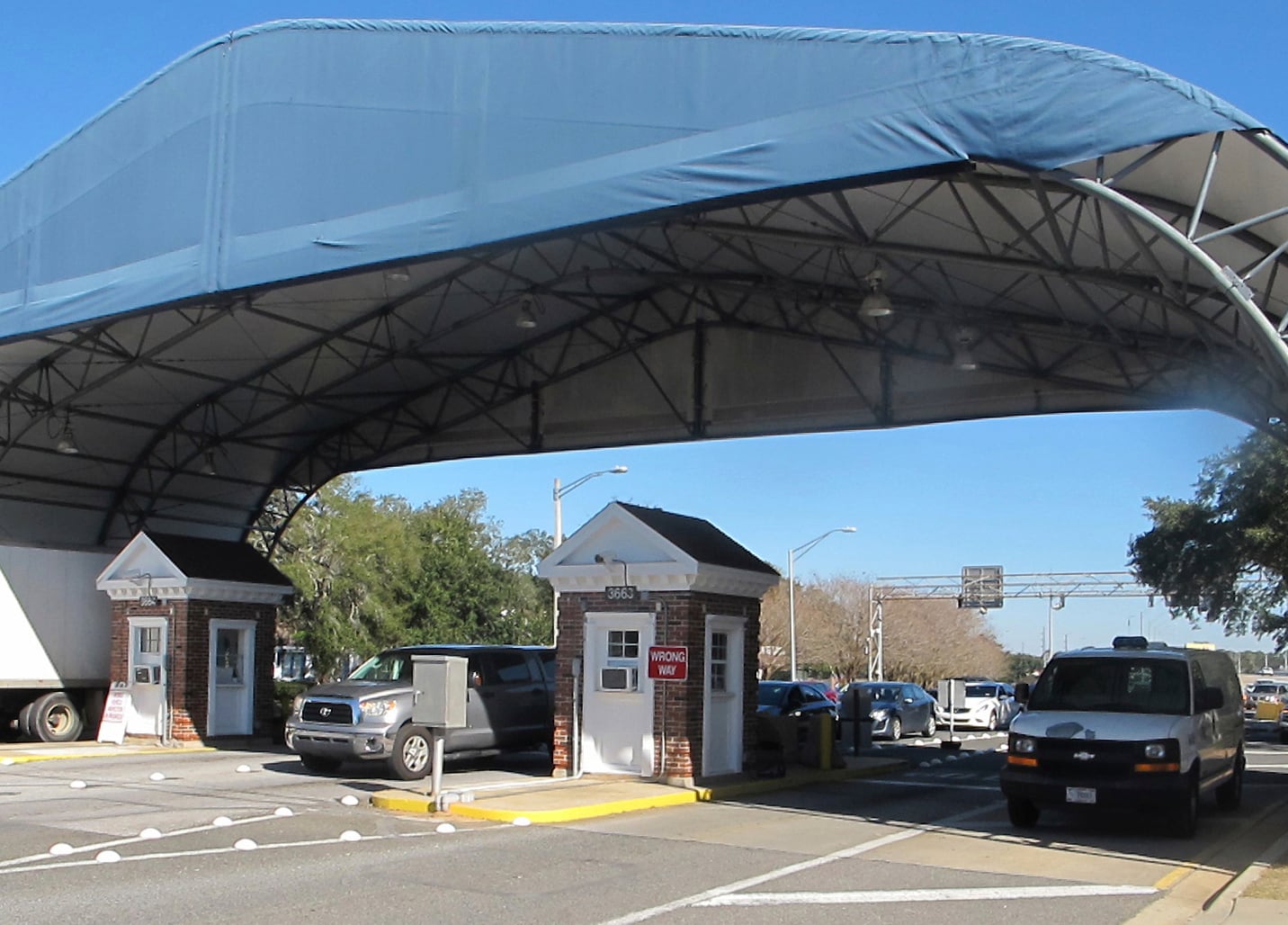International students attending U.S. military training will be able to return to their coursework soon, a Pentagon official told reporters Friday, as soon as individual commanders hammer out new restrictions and each of the thousands of foreign military trainees acknowledge the new regulations.
After a Saudi flight officer trainee opened fire at Naval Air Station Pensacola, Florida, Dec. 6, killing three service members and wounding eight others, the Defense Department ordered a security review to sweep not only international students, but to look for holes in a host of security regulations.
“But getting back to work does not mean getting back to business as usual,” director for defense intelligence Garry Reid said in a phone interview Friday.
New security procedures include:
- Restricting access to firearms purchases, though officials did not elaborate on how that would be done.
- Using the Defense Biometric Identifcation System to restrict access to bases, or parts of bases, unless a trainee has an authorized purpose to be there.
- Continuous vetting and monitoring of social media and other activity, beyond the State Department and Homeland Security Department screenings that initially allow foreign nationals to participate in U.S. military training.
- Limits on how far trainees can travel off base without prior written approval.
Certain restrictions, such as base access and travel radius, will be determined by local commanders, according to a senior Defense official who was not authorized to speak on the record about the moves.
Any new restrictions will be irrespective of a student’s country of origin, the official said.
All of the security updates are the result of a December DoD-mandated review after the FBI learned that Saudi Air Force 2nd Lt. Mohammed Alshamrani had espoused Jihadist and anti-American rhetoric.
Earlier this week, the Justice Department announced that 21 Saudi students would be expelled from the U.S.
“While there was no evidence of assistance or pre-knowledge of the attack by other members of the Saudi military ― or any other foreign nationals ― who are training in the United States, during the investigation of the shooter we learned of derogatory material possessed by 21 members of the Saudi military who are training here in the United States,” Reid said.
RELATED

The review also found some holes in security procedures unrelated to the shooting but still worth filling, the defense official said, such as base access.
“We’re looking at other examples where we believe that this type of restriction could be helpful and that may not have applied directly in the Pensacola shooting," he said.
For now, international student training is still on pause, as the Army, Navy and Air Force departments receive guidance from the Pentagon and implement their own plans, based on the type of training they’re doing and where they are located.
“All current and future students will be required to acknowledge their willingness to comply with these standards,” Reid said.
Each of the service secretaries will be required to report their progress back to the Pentagon, the official said.
Meghann Myers is the Pentagon bureau chief at Military Times. She covers operations, policy, personnel, leadership and other issues affecting service members.




